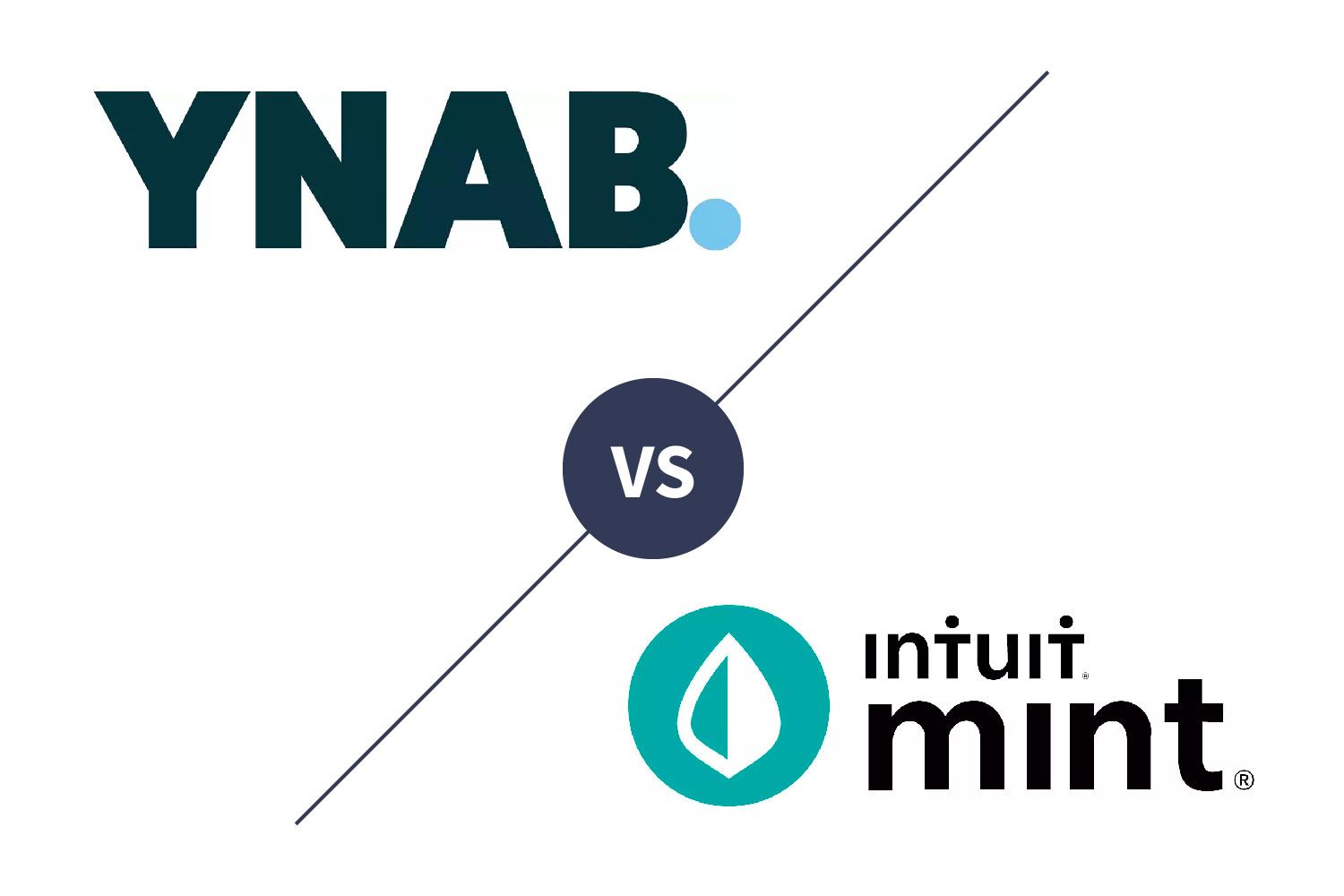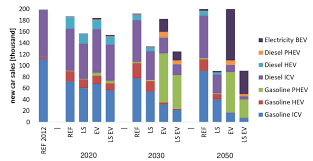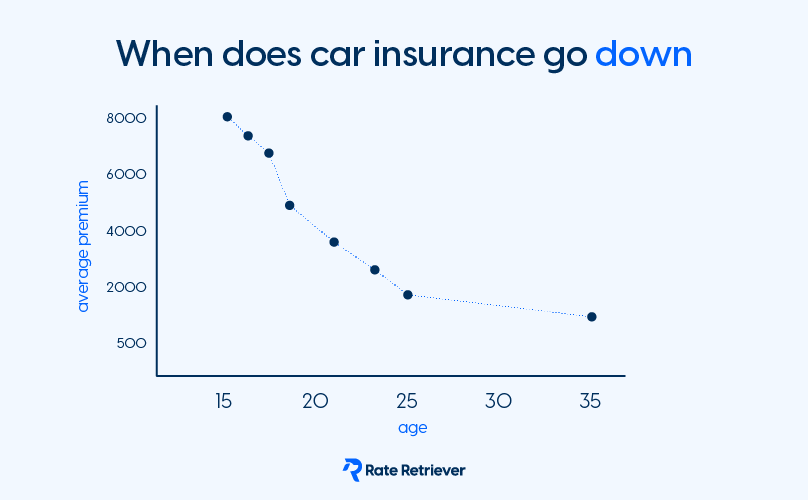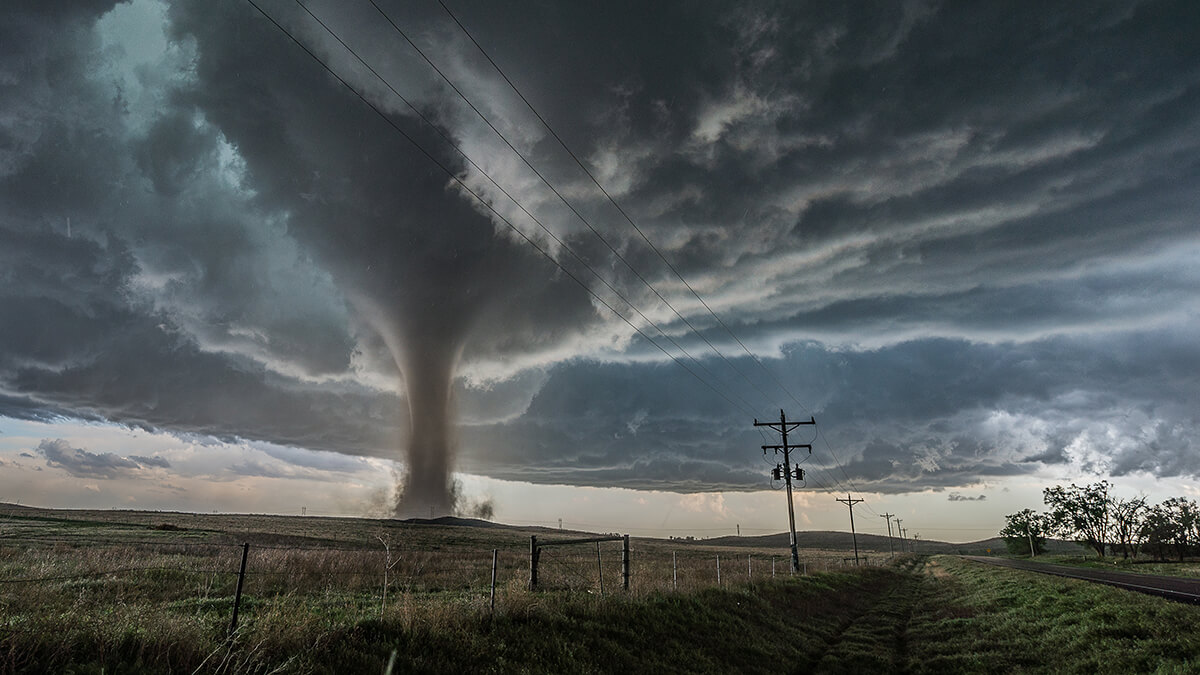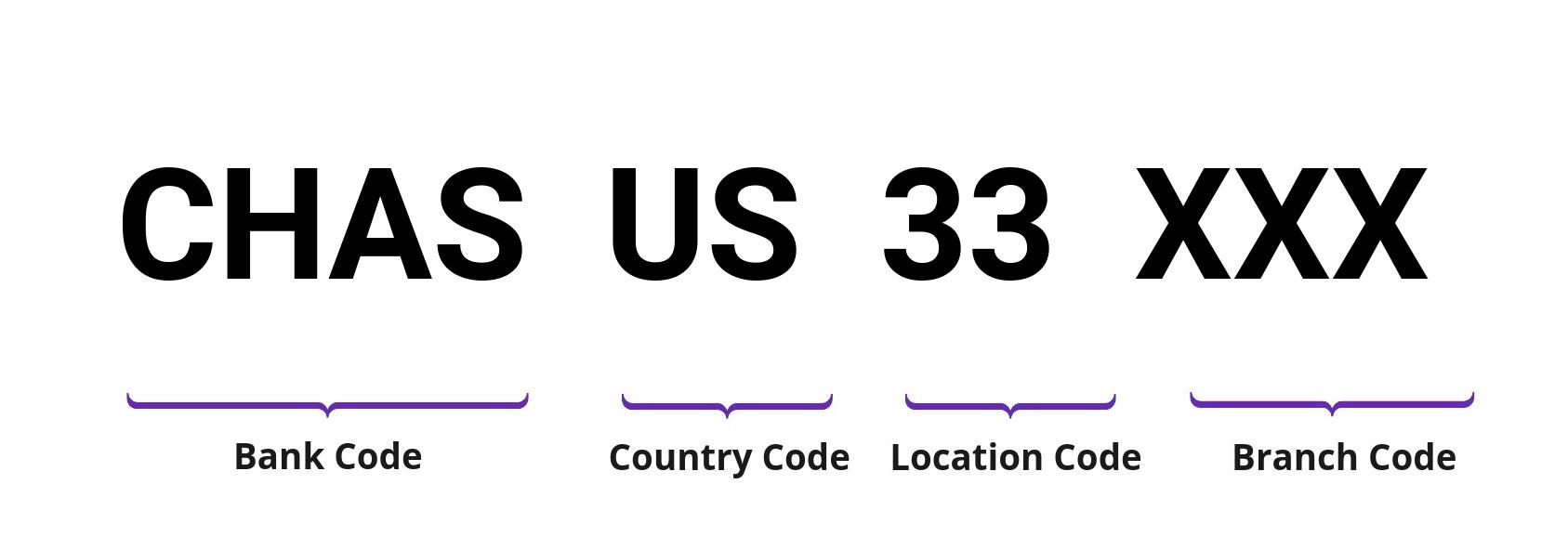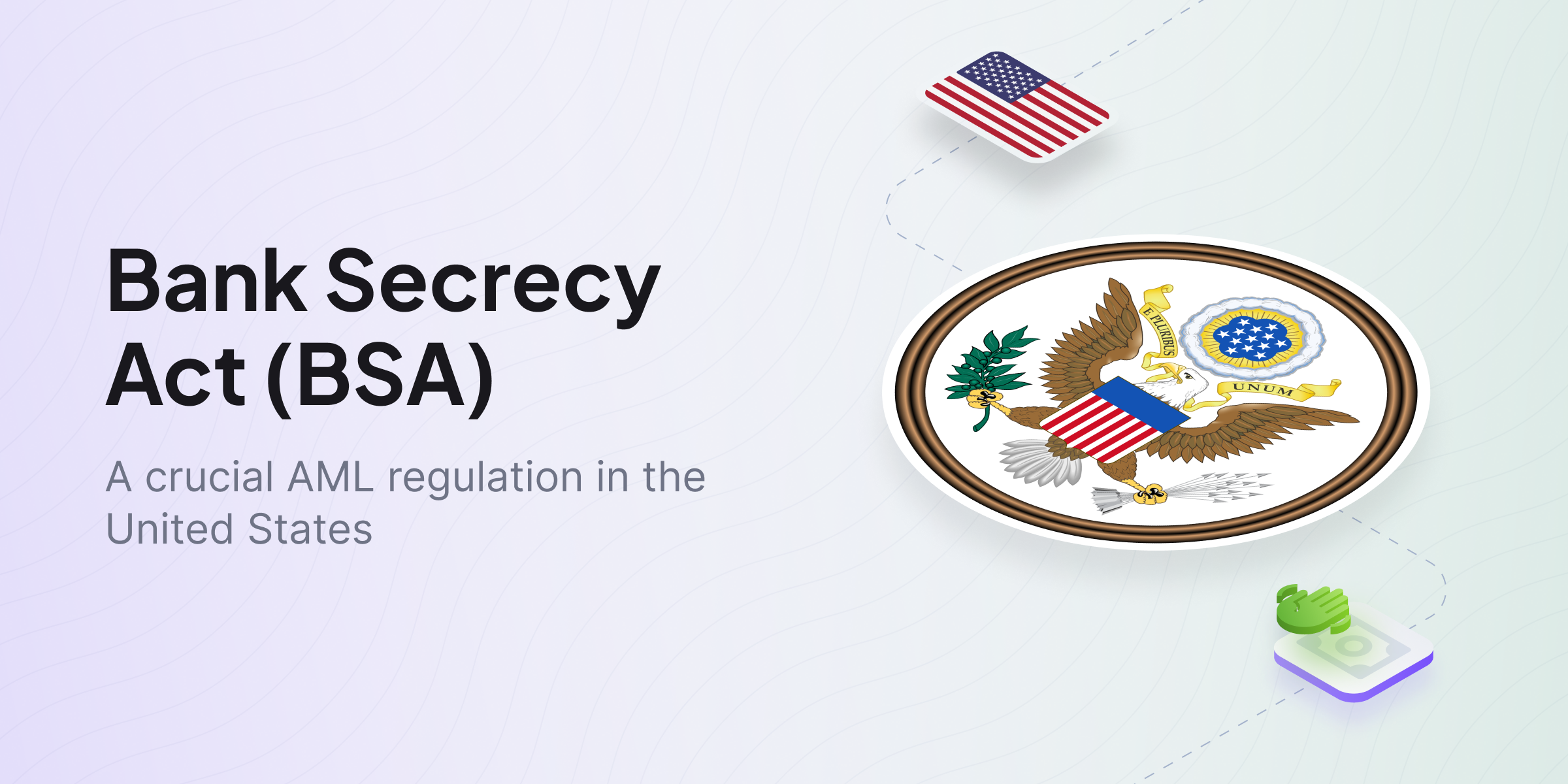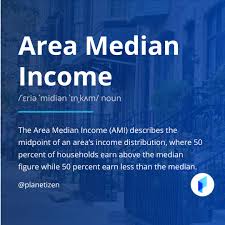What Is The Bank Secrecy Act? This is one of the most frequently asked questions among compliance professionals, financial institutions, and curious consumers. Also known as the BSA, the Bank Secrecy Act is a pivotal U.S. law designed to combat money laundering and financial crimes. Passed in 1970, it mandates that banks and other financial entities report suspicious activities and large cash transactions to federal authorities.
In this comprehensive article by Effective Stuffs, we break down the intricacies of the Bank Secrecy Act — its purpose, history, compliance requirements, and implications for financial institutions and consumers alike.
Understanding the Core Purpose of the Bank Secrecy Act
To truly grasp what is the Bank Secrecy Act, it’s important to understand its fundamental goal: to prevent criminals from using financial institutions to hide or launder money. The BSA provides tools for the U.S. Treasury Department and other government agencies to trace and disrupt illegal financial activity.
Originally intended to fight drug trafficking, tax evasion, and organized crime, the BSA today is a cornerstone in the fight against terrorism financing, cybercrime, and other illicit behaviors in the financial system.
A Brief History of the Bank Secrecy Act
To better understand what is the Bank Secrecy Act, let’s take a look at how it evolved:
- 1970: Congress enacts the Bank Secrecy Act, also known as the Currency and Foreign Transactions Reporting Act.
- 1986: Money Laundering Control Act criminalizes money laundering and strengthens BSA enforcement.
- 2001: The USA PATRIOT Act expands BSA rules in response to 9/11, increasing the importance of anti-terrorist financing measures.
- Today: The BSA continues to evolve with new technologies, regulations, and threats.
Knowing what is the Bank Secrecy Act requires recognizing it as a living, adaptable law that responds to the dynamic financial and criminal landscape.
Key Provisions of the Bank Secrecy Act
Let’s dive deeper into what is the Bank Secrecy Act by exploring its core provisions. The BSA requires financial institutions to perform the following:
1. Currency Transaction Reports (CTR)
Institutions must file a CTR for any cash transaction over $10,000. This rule helps flag large cash activities that might be linked to illegal conduct.
2. Suspicious Activity Reports (SAR)
Banks must file a SAR when they detect activities that could indicate money laundering or fraud. This includes structured deposits, abnormal wire transfers, or transactions that don’t align with a customer’s profile.
3. Recordkeeping Requirements
Under the BSA, banks must keep detailed records of certain transactions, especially those involving foreign accounts or large sums.
4. Know Your Customer (KYC) and Customer Due Diligence (CDD)
Understanding what is the Bank Secrecy Act includes recognizing the role of KYC and CDD rules. Financial institutions must verify customer identities, assess risk, and monitor ongoing transactions.
Who Must Comply with the Bank Secrecy Act?
When we ask what is the Bank Secrecy Act, we must also consider who it applies to. The BSA compliance obligations fall on a broad array of financial entities, including:
- Commercial banks
- Credit unions
- Money service businesses (MSBs)
- Casinos
- Securities brokers
- Insurance companies
- Cryptocurrency exchanges (under FinCEN guidance)
Understanding what is the Bank Secrecy Act also means recognizing its impact across both traditional and modern financial channels.
What Are the Penalties for Non-Compliance?
Ignoring or misunderstanding what is the Bank Secrecy Act can be costly. Penalties for non-compliance can be both civil and criminal, including:
- Fines: Financial institutions may face penalties up to $500,000 per violation.
- Prison time: Individuals involved in willful violations can face prison sentences of up to 5 years.
- Loss of license: Institutions that repeatedly fail to comply may be barred from operating.
FinCEN (Financial Crimes Enforcement Network) and the U.S. Treasury actively enforce the law, making it essential to understand what is the Bank Secrecy Act and follow it closely.
How Does the Bank Secrecy Act Help Fight Financial Crime?
The importance of knowing what is the Bank Secrecy Act becomes even clearer when we look at how it supports law enforcement.
The BSA allows financial institutions to act as the front line against criminal activities such as:
- Money laundering
- Terrorism financing
- Human trafficking
- Drug smuggling
- Tax evasion
The data collected through CTRs and SARs helps the government trace illicit funds, build criminal cases, and dismantle dangerous networks.
The Role of FinCEN in Bank Secrecy Act Enforcement
To understand what is the Bank Secrecy Act, one must also learn about FinCEN, the U.S. agency responsible for enforcing the BSA.
FinCEN (Financial Crimes Enforcement Network):
- Collects and analyzes BSA data
- Issues regulatory guidance
- Partners with international agencies
- Provides tools for law enforcement
FinCEN is the backbone of BSA enforcement and a key reason why understanding what is the Bank Secrecy Act is so vital in today’s financial world.
Bank Secrecy Act in the Digital Age
With the rise of digital banking, cryptocurrency, and fintech startups, the question what is the Bank Secrecy Act has gained renewed importance. Modern updates to the BSA include:
- Crypto regulations: Crypto exchanges must register with FinCEN and follow KYC rules.
- Automation and AI: Many banks use AI for transaction monitoring to better comply with the BSA.
- Cross-border partnerships: The U.S. increasingly works with international partners to ensure compliance abroad.
So, what is the Bank Secrecy Act in 2025? It’s a law that’s constantly adapting to new technologies and threats.
Common Misconceptions About the Bank Secrecy Act
When asking what is the Bank Secrecy Act, people often have a few misunderstandings:
Misconception #1: Only Large Banks Are Affected
Fact: Even small businesses that handle money transfers or deal with cash must comply.
Misconception #2: The BSA Is About Spying on Customers
Fact: The BSA protects the integrity of the financial system. It’s not about surveillance, but about stopping crime.
Misconception #3: BSA Compliance Is Optional
Fact: Compliance is mandatory, and violations can lead to serious consequences.
Understanding what is the Bank Secrecy Act involves clearing up these common myths.
Why Does the Bank Secrecy Act Matter to Consumers?
You might wonder, what is the Bank Secrecy Act to the everyday customer?
- It ensures safer banking by stopping criminal infiltration.
- It reduces the risk of identity theft and fraud.
- It helps protect U.S. national security by identifying terrorism financing.
When financial institutions know what is the Bank Secrecy Act, it leads to a safer system for everyone.
Best Practices for BSA Compliance
Whether you’re in finance or simply curious, understanding what is the Bank Secrecy Act includes knowing how institutions stay compliant.
Tips for Businesses:
- Establish a robust BSA/AML compliance program
- Train staff regularly on recognizing suspicious activity
- Use automated systems to track high-risk behavior
- Conduct internal audits and risk assessments
Compliance isn’t just about checking boxes—it’s about knowing what is the Bank Secrecy Act and living its principles daily.
Final Thoughts: What Is The Bank Secrecy Act?
So, what is the Bank Secrecy Act?
It’s a critical piece of U.S. legislation that protects the financial system from abuse. Since 1970, the BSA has helped track criminal funds, enforce anti-money laundering laws, and keep the U.S. financial system safe.
Whether you’re a bank employee, business owner, investor, or customer, understanding what is the Bank Secrecy Act equips you with knowledge that’s essential in the modern financial landscape.
For more impactful insights on financial regulations and effective compliance strategies, stay tuned with Effective Stuffs — your guide to smarter financial knowledge.
Frequently Asked Questions (FAQs)
1. What is the Bank Secrecy Act in simple terms?
It’s a U.S. law that requires banks and financial institutions to report suspicious transactions to help prevent money laundering and financial crimes.
2. Who enforces the Bank Secrecy Act?
FinCEN (Financial Crimes Enforcement Network), a bureau of the U.S. Department of the Treasury.
3. What transactions must be reported under the BSA?
Cash transactions over $10,000, suspicious activities, international transfers, and more.
4. Does the Bank Secrecy Act apply to cryptocurrencies?
Yes. FinCEN requires crypto exchanges to comply with BSA rules.
5. How does the Bank Secrecy Act protect me?
It helps prevent fraud, money laundering, and terrorist financing—creating a safer banking environment for all.
